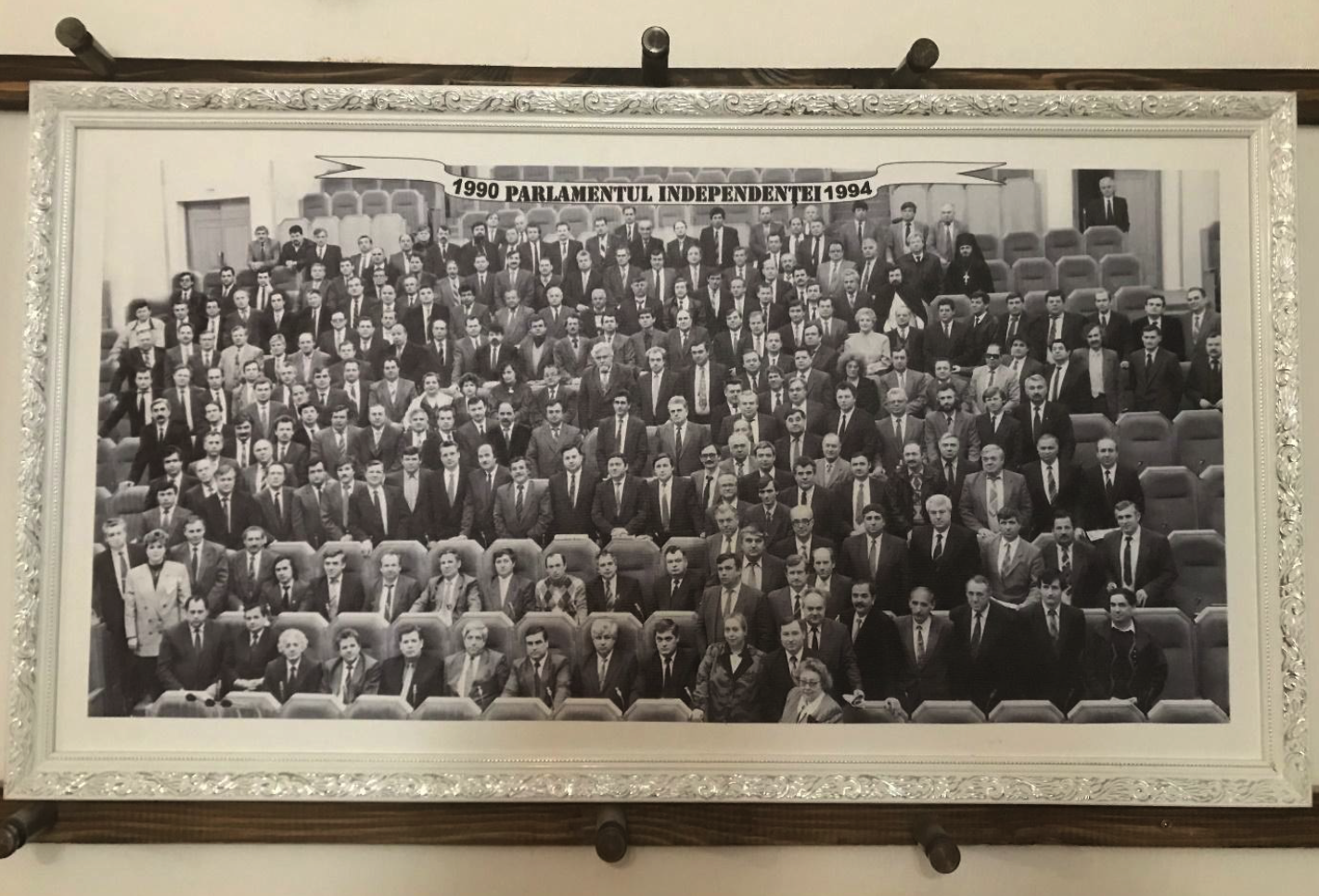Populism in Moldova’s Informal Political System
DOI:
https://doi.org/10.5617/jea.8986Keywords:
informal politics, Moldova, systema, corruption, populismAbstract
The 2020 presidential and 2021 parliamentary elections in the Republic of Moldova saw a clear victory of the populist Party of Action and Solidarity (PAS) of the newly elected president Maia Sandu over the pro-Russian coalition led by former presidents Igor Dodon and Vladimir Voronin. These results testify the citizens’ will to change a country with an ever-widening gap between politicians and populace. Since 2015, the political debate is centred on corruption, but the cases described draw the picture of a political landscape where practices go beyond the traditional understanding of the term. In fact, their analysis demonstrates the existence of a system of Soviet political culture which relies on informal practices of the elite, arguing that some of these practices have clear Soviet roots while others are an adaptation of the Soviet mentality to the new liberal democratic setting. The paper also highlights differences between the populist parties born either as a reaction to the system or as an adaptation of the elite response to perceived expectations of the electorate. This research took place between 2020 and 2021 utilising participant observation and semi-structured interviews with Moldovan political experts. The paper concludes that future research on Moldovan politics should incorporate analysis of this informal dimension to state politics which is core to public debate on corruption and the integrity of state institutions in Moldova.

Downloads
Published
Issue
Section
License
Copyright (c) 2021 Gian Marco Moisé

This work is licensed under a Creative Commons Attribution-NonCommercial-NoDerivatives 4.0 International License.
Authors retain copyright and grant the journal right of first publication with the work simultaneously licensed under a https://creativecommons.org/licenses/by-nc-nd/4.0/
that allows others to share the work with an acknowledgement of the work's authorship and initial publication in this journal, for non-commercial purpose, no derivatives are permitted. (Please not that this license has been used since 1.10.2018 and will be used in the future. Articles published between 1.1.2017-and 30.9.2018 are licensed under CC BY license: https://creativecommons.org/licenses/by/3.0/) Authors are able to enter into separate, additional contractual arrangements for the non-exclusive distribution of the journal's published version of the work (e.g., post it to an institutional repository or publish it in a book), with an acknowledgement of its initial publication in this journal. Authors are permitted and encouraged to post their work online (e.g., in institutional repositories or on their website) prior to and during the submission process, as it can lead to productive exchanges, as well as earlier and greater citation of published work (See The Effect of Open Access).


